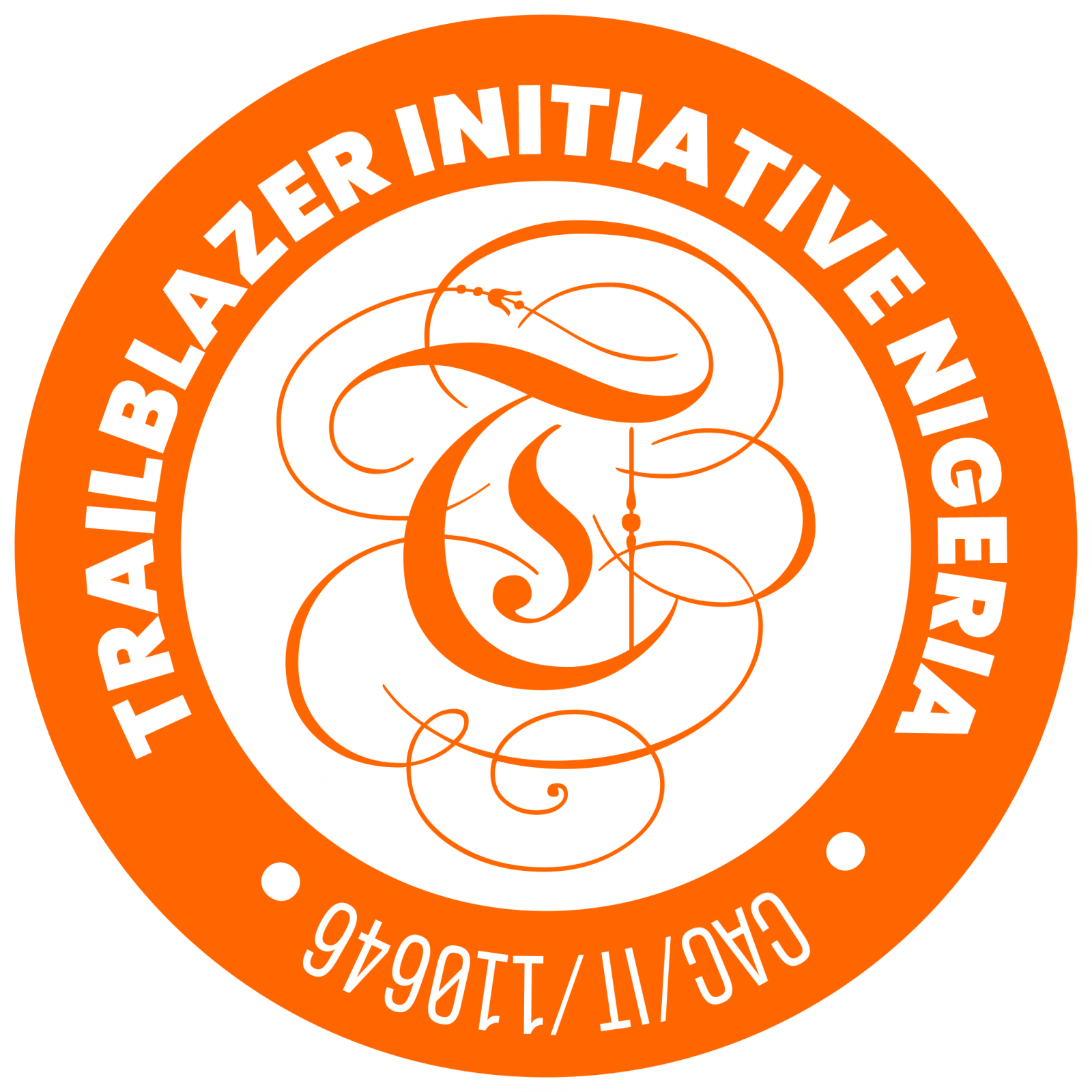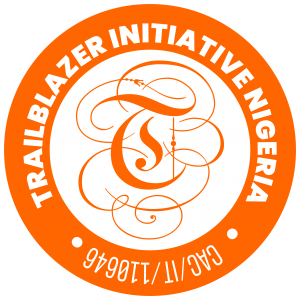According to WHO, the term “Female Genital Mutilation” refers to all procedures involving partial or total removal of the external female genitalia, or other injury to the female genital organs for non-medical reasons.
There are 4 different types of FGM as classified by World Health Organization (WHO).
FGM Type I: partial or total removal of the clitoris and/or the prepuce (Clitoridectomy).
FGM Type II: Partial or total removal of the clitoris and the labia minora, with or without excision of the labia majora (excision).
FGM Type III: Narrowing of the vaginal orifice with the creation of a covering seal by cutting and appositioning the labia minora and/or the labia majora, with or without excision of the clitoris (infibulation).
The last type is the Type IV also known as UNCLASSIFIED refers to all other harmful procedures to the female genitalia for nonmedical purposes, for example, pricking, piercing, incising, scraping and cauterization.
FGM of any type is a violation of the human rights of girls and women. FGM is known to be harmful to girls and women in many ways.
FGM practice is strongly rooted in culture and tradition; it has not been an easy task in getting people to abandon the practice despite the harmful effects on girls and women.
We are campaigning for the elimination due to its consequences listed below:
| Immediate risks | Long term Risk |
|
|
FGM is a human right violation. Legislation that punishes FGM can accelerate change when a process of community change is in place. The legislation makes clear the disapproval of the State and support to those who renounce or wish to.
FGM is not only a health issue but also a threat and a violation to a number of human rights that include right to the highest attainable standard of health, right to physical and bodily integrity, right to be free from torture and cruel inhuman and degrading torture and right to life for girls and women.
Basically, FGM is carried out by different people for so many different reasons. However, various researches have proven that none of the reasons to be unjustifiable. While most people carry out the practice on baby girls few days after birth, others do it during puberty while others even do it before marriage.
Female Genital Mutilation does not have any known benefit. It thrives on myths and misconceptions.
Female Genital Mutilation affects girls’ and women’s health and well-being. Unlike other types of gender-based violence, which are mostly perpetrated by men, FGM is often (but not always!) practiced by women in the family and/or community. As a result, in early programs dealing with FGM, men were often side-lined.
Men and boys’ engagement is critical because men are the perpetrators of several forms of violence against women due to harmful social norms.
More recently, however, we have come to understand the importance of engaging men and boys in the fight against FGM. In fact, given their power in their communities, men and boys are often seen as central actors with important potential to influence the prevalence of FGM in their communities.
In fact, there are many reasons to why FGM is also a “male issue” and why men should get involved in this work.
In many cultures, FGM is considered a rite of passage to becoming a woman. The control of women and girl’s sexuality, ensuring marriagebility of girls by “preserving their pre-marital virginity” and making women subjectively disearble by men are among the many driving forces of FGM. The whole family’s honour, including that of the male members, is often linked to whether girls in the family have undergone FGM. It has often been argued that FGM is explicitly practiced to the benefit of men’s sexual pleasure in many communities,
What is certain is that in patriarchal societies, existing structures, beliefs and systems generally benefit men as a group, to the detriment of women as a group. Men hold a strong control over cultural beliefs and social norms. In FGM practicing communities, FGM is a strong social norm and is considered a required religious and/or cultural practice that raises women’s status in society and makes them desirable by men. Most often, the very religious and cultural institutions that uphold these beliefs, and are pivotal in ending it, are also controlled by men. Therefore, men not only have an instrumental role but also a responsibility to participating in changing society, including ending female genital mutilation.
On an individual level, men are often not directly involved in the practice of FGM – except in communities where the practice is medicalized. However, many men contribute explicitly or tacitly by consenting to the perpetuation of the practice in their families and communities. (A recent systematic review by Varol et al. 2015 explored the role men, as fathers, husbands, community and religious leaders, could play in the continuation or ending of FGM)
More so, we have more of Men than women as religious leaders who we believe in as representative of God in our lives
HOW CAN WE ENGAGE OUR RELIGIOUS LEADERS AS ENDFGM ADVOCATE?
They can be engaged through:
- Advocacy Dialogue to get their buy-in as advocates of Change
- Orientation meetings
- Sensitization and awareness creation
- Leverage on their structures to reach out to a larger audience because religious leaders are trusted and their instructions are well respected
- It is essential that local faith leaders are trained on FGM and what each religion actually says about it, so they can speak out with confidence and credibility.
ROLES RELIGIOUS LEADERS CAN PLAY IN ENDING FGM
- At the community level, many people still believe that FGM is a religious requirement. In order to shift these deeply-held beliefs, local faith leaders must speak out against the practice on the basis of the religious statements that exist.
- Religious leaders should come together and establish a joint response to FGM.
- The religious leaders should continuously engage with members FGM in order to create harmony and improve their relationship without antagonism;
- Religious leaders should lead advocacy and champion the cause for elimination of the harmful traditional practices that harms one gender over another.
- FGM is not found in any of the holy books used by all the religions, they should therefore speak out
There role is highly important! They are our fathers, the representative of our God!
Watch the Webinar Video Here…









